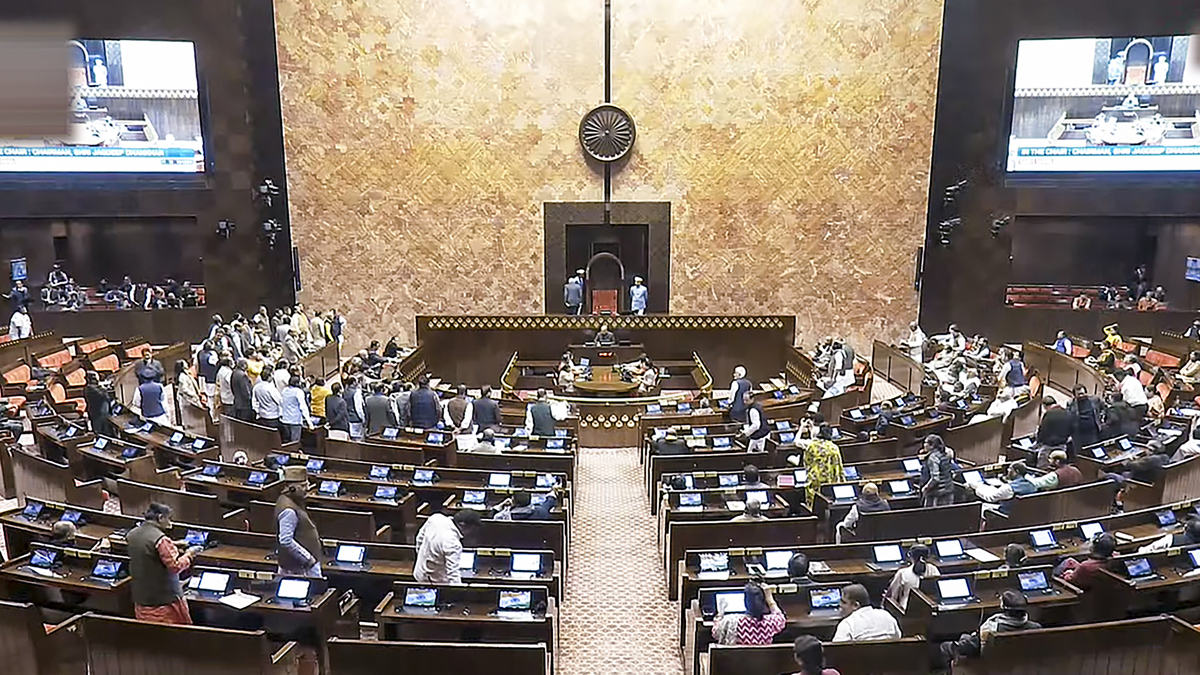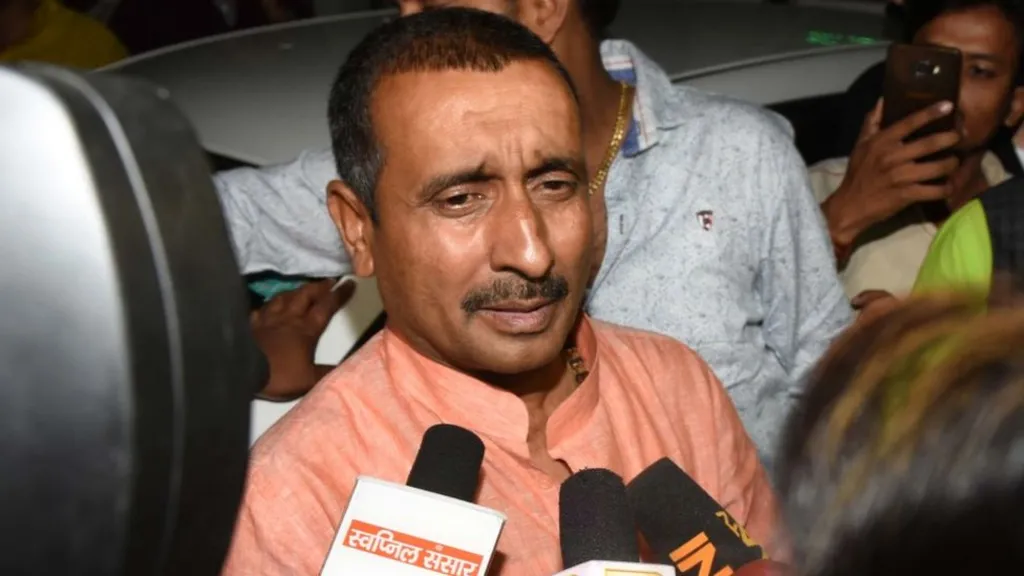The petitioner approached the Punjab & Haryana High Court under Articles 226 and 227 of the Indian Constitution, which empower the High Courts to enforce fundamental rights and supervise lower courts. This arose from an incident leading to an FIR registered under Sections 170, 186, 419, and later 201 of the Indian Penal Code at Police Station Sector-49, Chandigarh, involving offenses like personating a public servant and obstructing public servants.
A police officer on duty recorded a video that was later uploaded on various social media platforms. The petitioner argued this violated their right to dignity and privacy, as well as Rule 3(1)(d) of the IT Rules, 2021, and requested the court to issue a mandamus directing social media platforms to remove the offending content.
In response to the court, it was stated that the Senior Superintendent of Police ordered an inquiry and assigned it to the SDPO/South. Efforts were underway to identify who uploaded the video, and multiple requests were sent to social media companies to remove the content.
The Senior Superintendent of Police (Traffic) issued clear guidelines on handling photos and videos related to traffic enforcement. In the case of Dr. Chandra Prakash v. Union of India, the Delhi High Court ruled that the charge memo could not be quashed at this stage, as the inquiry found no evidence against him, but allowed for further consideration of events to ensure justice.
Directions were issued prohibiting the upload of images or videos on social media platforms like WhatsApp, Facebook, Instagram, or X to protect privacy and prevent unauthorized sharing. In the landmark case K.S. Puttaswamy v. Union of India, the Supreme Court examined whether the right to privacy is a fundamental right under the Indian Constitution while hearing a challenge to the Aadhaar scheme.
The Punjab and Haryana High Court noted that since police authorities were already taking steps to delete the video from all social media platforms, no further orders were needed at this stage. However, the Court directed the Chandigarh Director General of Police to frame guidelines within three months on sharing videos or photos captured by police officials during duty, to ensure such content does not prejudice investigations or harm victims or accused. These instructions aim to regulate police conduct in posting official content online and protect privacy and fairness in investigations.
Case Title : Prakash singh marwah v union of india
Neutral Citation : 2025 HC 9288
Court : High Court
Date of Judgment : May 29, 2025
Presiding Judge : Justice Kuldeep Tiwari



